Waterproofing for Structural Protection
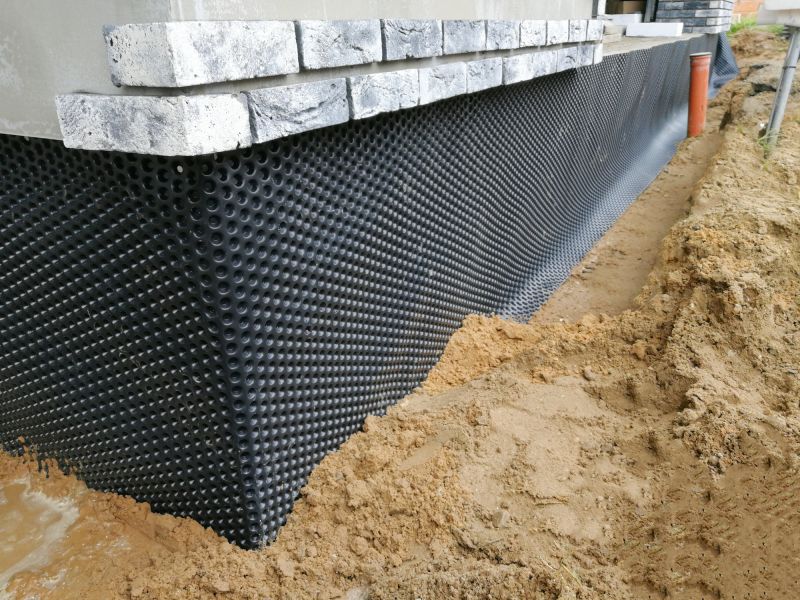
Applying waterproofing during the initial construction phase ensures long-term protection against moisture intrusion.
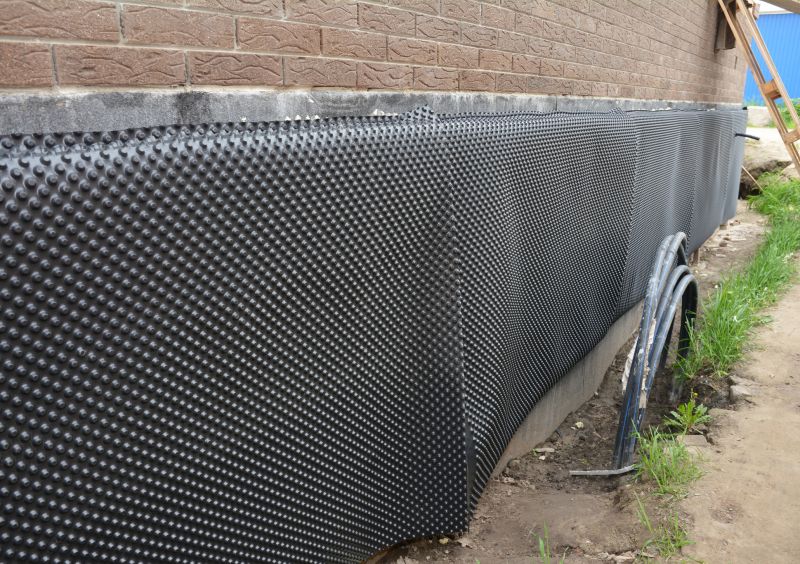
Ideal after building completion to address existing vulnerabilities and prevent future water damage.
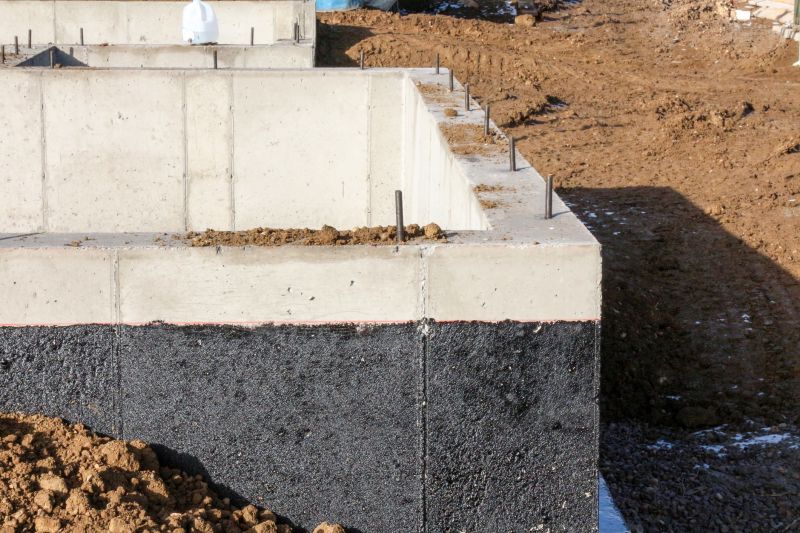
Spring and early summer are optimal for waterproofing projects due to favorable weather conditions.
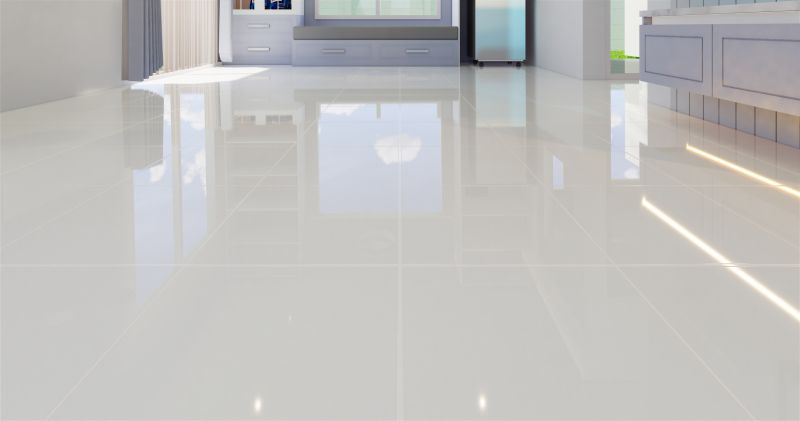
Ways to make Waterproofings work in tight or awkward layouts.
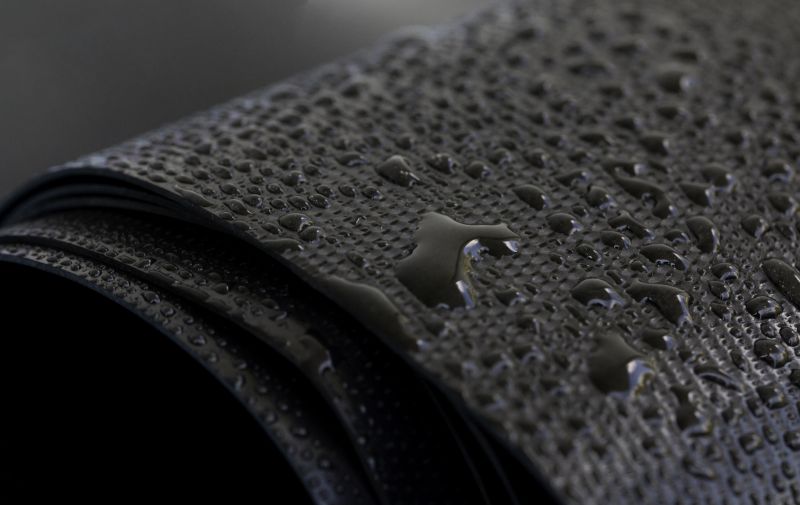
Popular materials for Waterproofings and why they hold up over time.
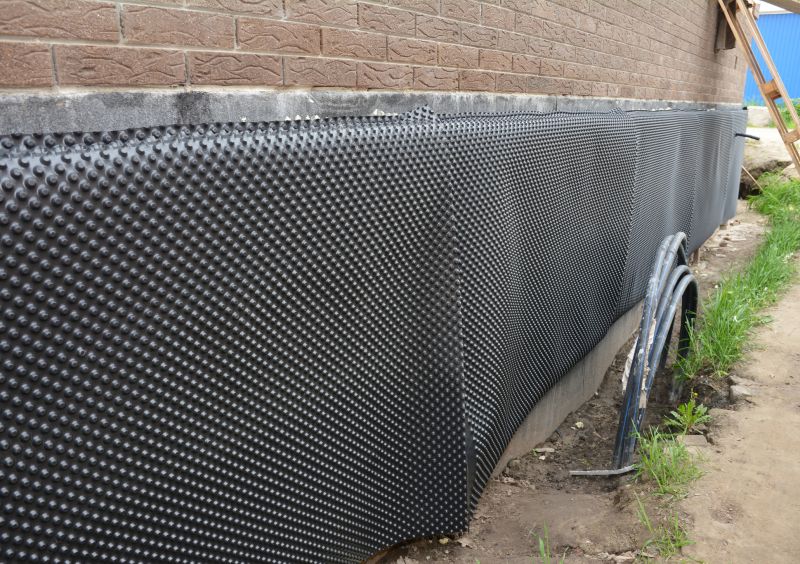
Simple add-ons that improve Waterproofings without blowing the budget.
Waterproofing is a critical component in protecting structures from water infiltration, which can lead to structural damage, mold growth, and reduced property value. Proper application at the right time enhances durability and effectiveness, making it an essential consideration for property owners and builders alike.
Statistics indicate that water-related damages account for a significant percentage of property repairs annually. Implementing waterproofing measures proactively can reduce long-term costs and extend the lifespan of buildings. The best time for waterproofing depends on climate, construction phase, and project scope, with favorable weather conditions playing a key role.
Protects structures from water damage, reduces mold risk, and enhances property value.
Includes membrane systems, coatings, and sealants tailored to different surfaces.
Proper surface cleaning and drying are essential for effective application.
Avoid waterproofing during extreme cold or rainy periods for optimal results.
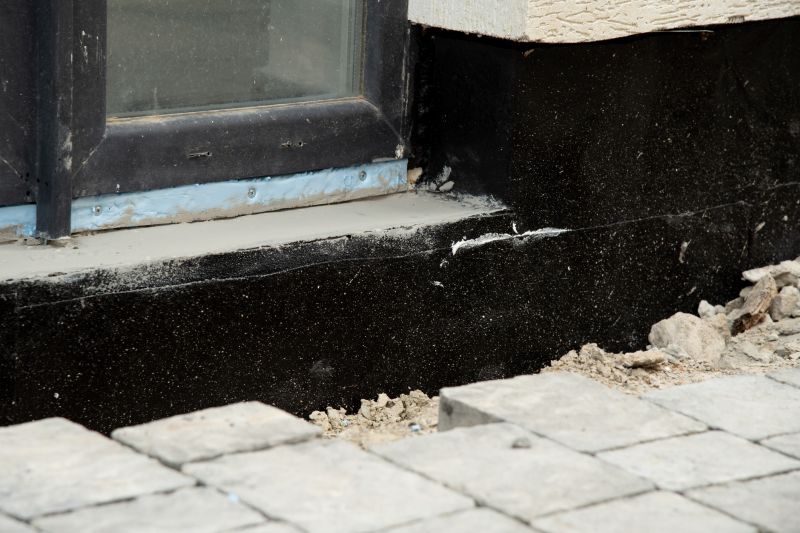
Step-by-step process for effective waterproofing installation.
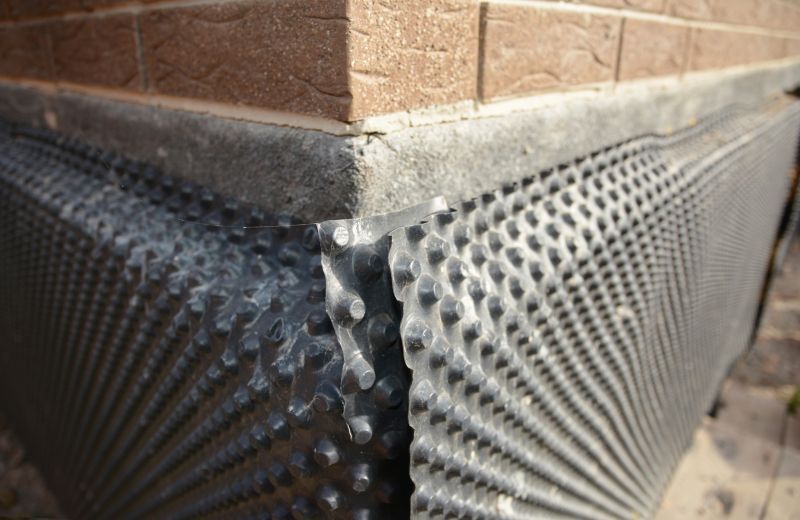
Selection of high-quality materials suited for specific surfaces.
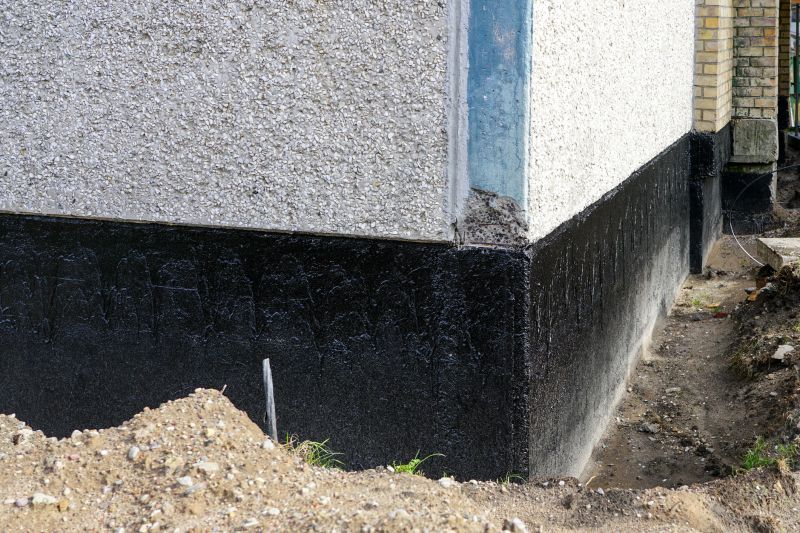
Addressing issues like surface preparation and weather constraints.
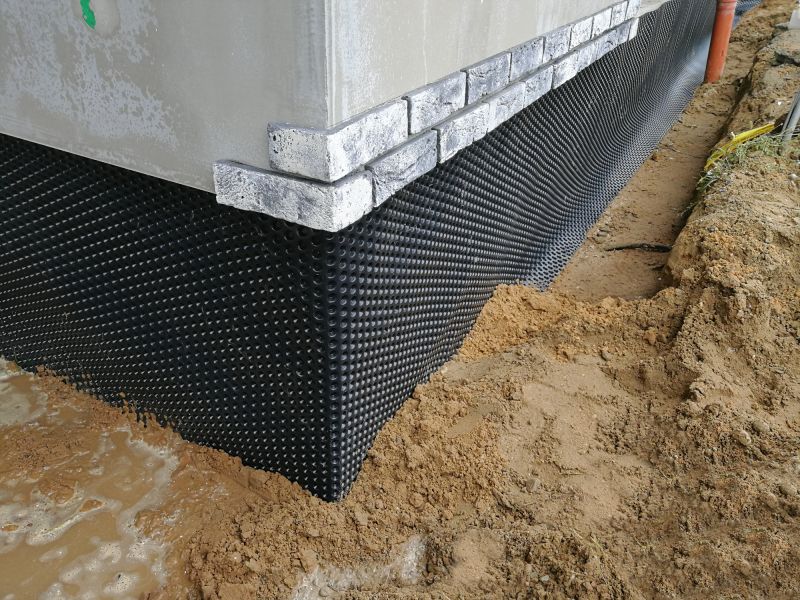
Protects basements, foundations, and roofs from water intrusion.
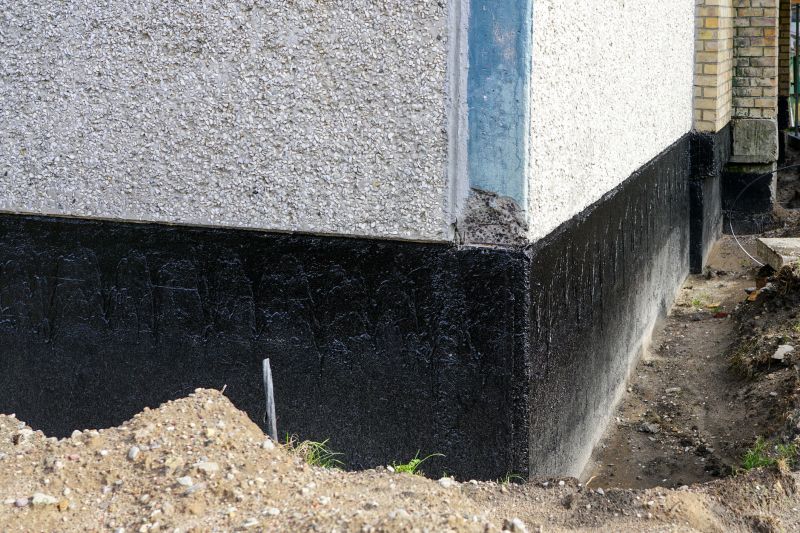
Ensures large-scale structures remain dry and structurally sound.
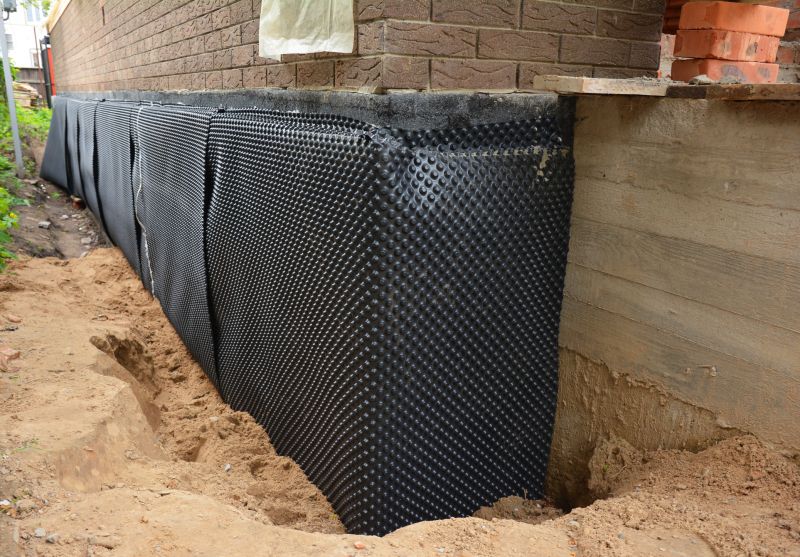
Critical for preventing water seepage into basements and crawl spaces.
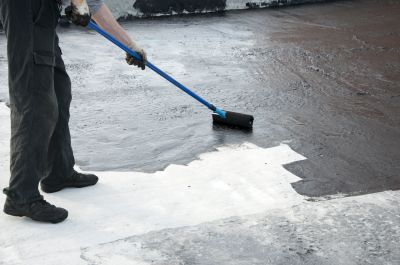
Protects against leaks and extends roof lifespan.
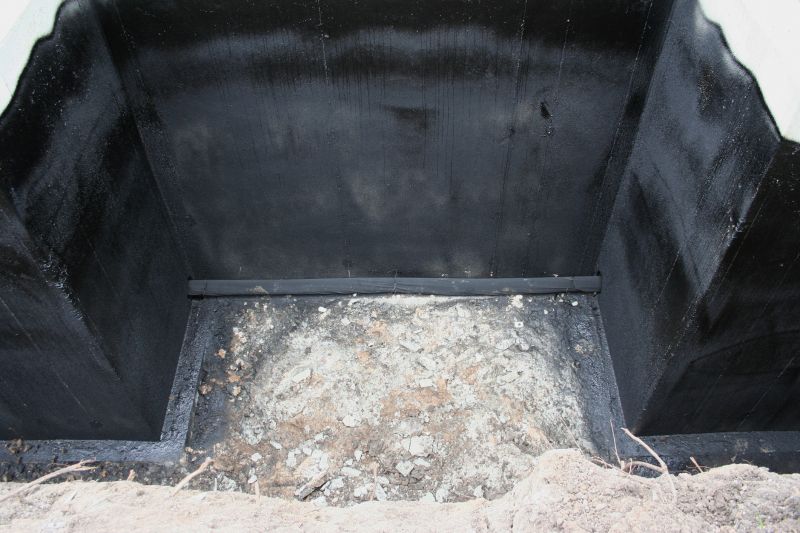
Prevents water ingress and dampness issues.
| Season | Advantages |
|---|---|
| Spring | Moderate temperatures and increased daylight facilitate application. |
| Early Summer | Ideal for outdoor projects with less rain. |
| Fall | Cooler weather can be suitable if planned before winter. |
| Winter | Generally not recommended due to low temperatures and moisture issues. |
| Rainy Season | Avoid due to high humidity and unpredictable weather. |
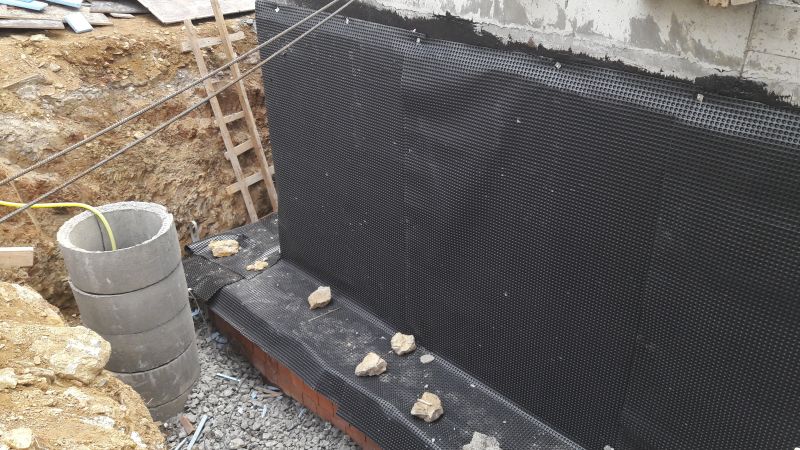
Various options include liquid coatings, membranes, and sealants tailored to specific needs.
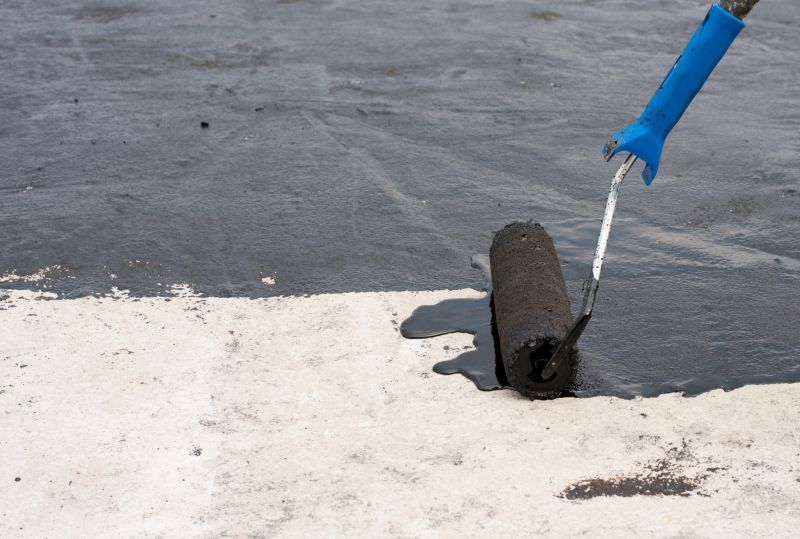
Spraying, rolling, and troweling are common methods for different surfaces.
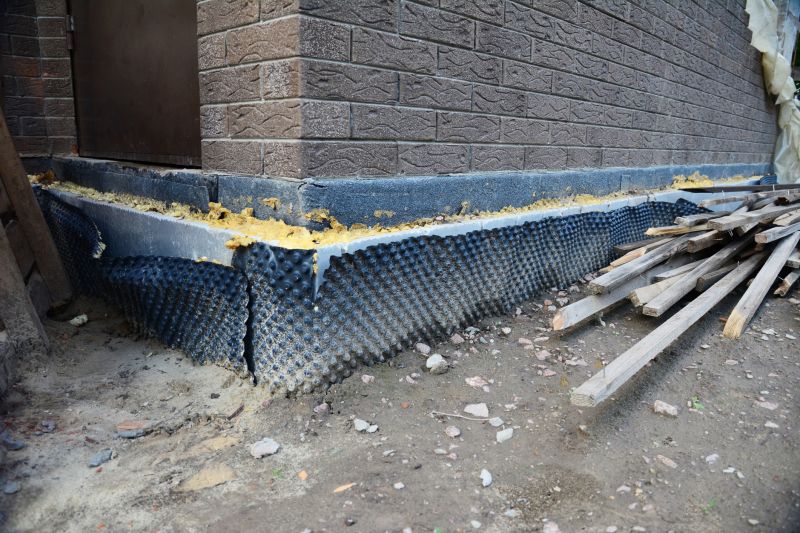
Regular checks help identify vulnerabilities early.
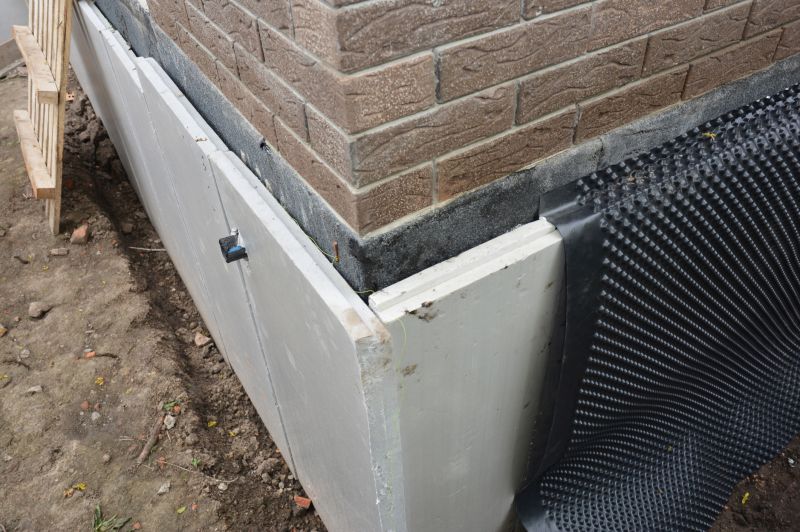
Advancements include self-healing membranes and eco-friendly coatings.
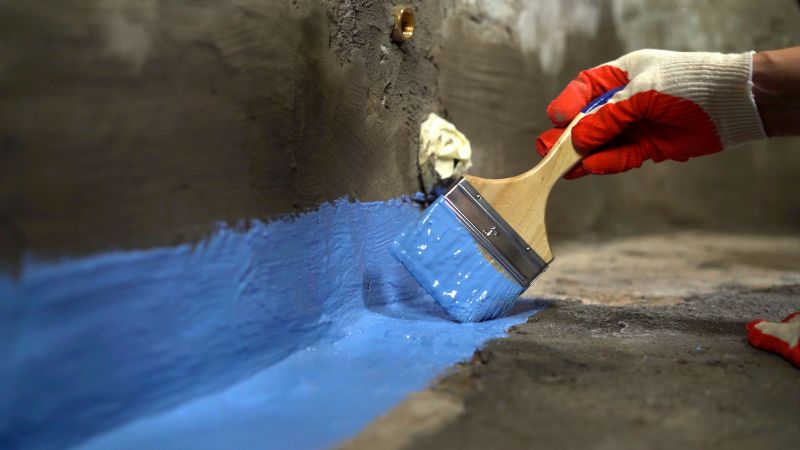
Finishes and colors that play nicely with Waterproofings.
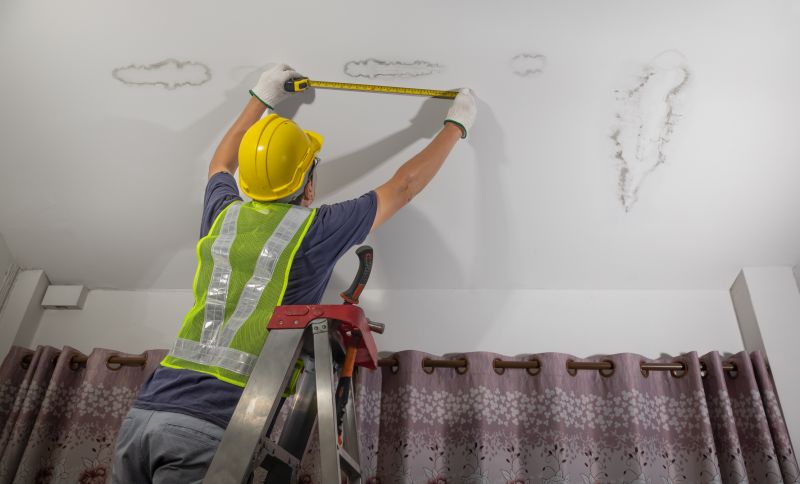
Little measurements that prevent headaches on Waterproofings day.
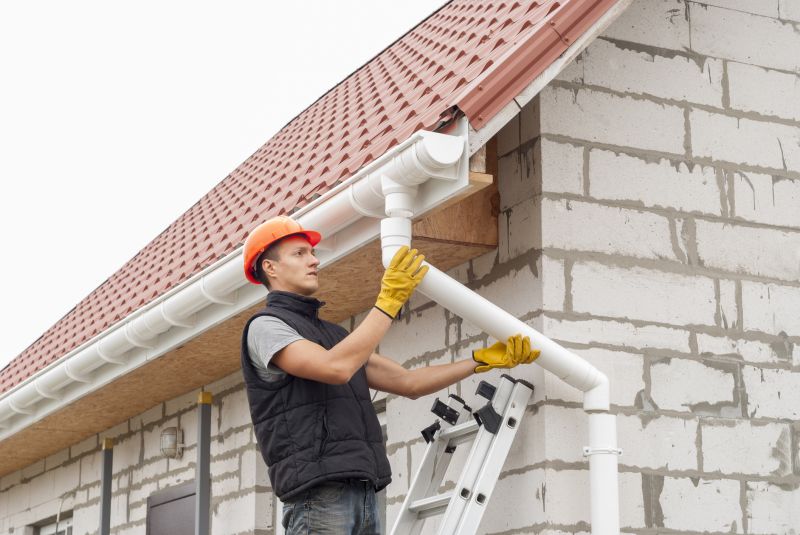
A 60-second routine that keeps Waterproofings looking new.
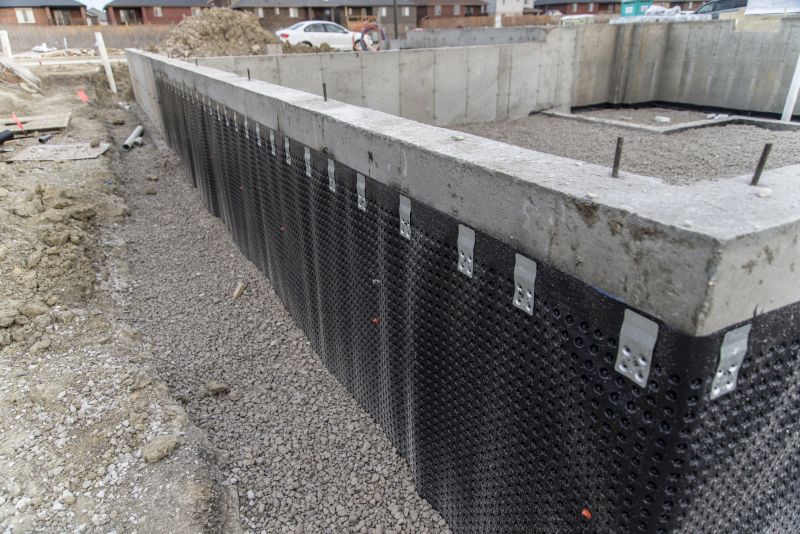
A frequent mistake in Waterproofings and how to dodge it.
Proper timing and application techniques are vital for maximizing waterproofing effectiveness. Consulting with professionals can help determine the most suitable approach based on the specific structure and local climate conditions.
Interested in waterproofing services? Filling out the contact form provides an opportunity to discuss project needs and schedule consultations tailored to property requirements in Waunakee, WI.

